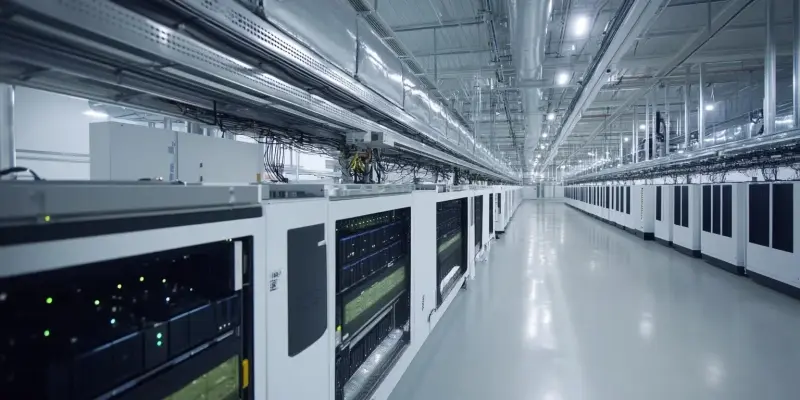When examining the potential effects of Donald Trump’s policies and leadership on the data center industry in the United States, it is important to consider multiple factors that may come into play in this complex sector. The Trump administration aimed to reduce regulations, which could lower costs and accelerate development processes for data centers. This deregulatory stance was considered beneficial by some industry stakeholders who saw it as a chance to streamline operations and boost efficiency. In addition, changes in tax legislation, such as reductions in corporate tax rates, might result in increased capital availability for data center investments, thereby fostering growth within the sector.
However, there are also significant challenges to consider. Trump’s stance on trade, particularly with China, could impact the importation of essential technology and equipment for data centers, possibly increasing costs and creating supply chain uncertainties. Data centers are substantial energy consumers, and Trump’s preference for fossil fuels over renewable energy sources could affect energy costs and sourcing, with potential ramifications for operational expenses and environmental strategies. Furthermore, the administration’s approach to cybersecurity and data privacy regulations could shape data protection standards and compliance requirements, directly affecting how data centers manage and secure user information.
Overall, the common themes include deregulation, tax changes, trade tensions, energy policy shifts, and evolving cybersecurity standards, all of which collectively indicate a mixed impact on the data center sector. Potential growth through reduced taxes and regulations might be offset by risks related to trade disruptions and cybersecurity mandates. This nuanced analysis reflects diverse perspectives within the sector, highlighting both optimism for growth and concerns over regulatory and operational stability. Trump’s policies thus presented a multifaceted landscape for the US data center industry, offering both opportunities for expansion and challenges in terms of trade, energy costs, and cybersecurity requirements.

